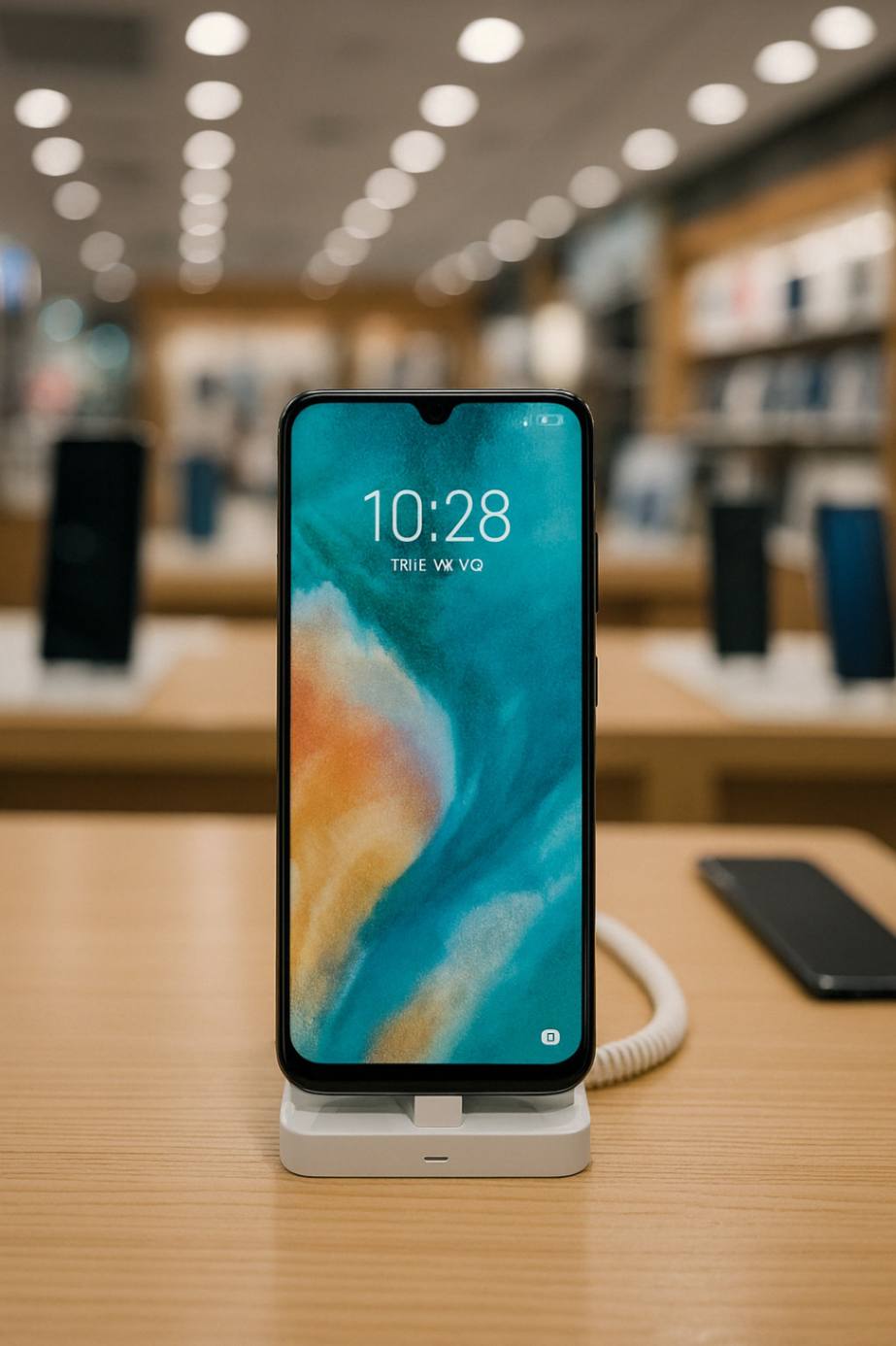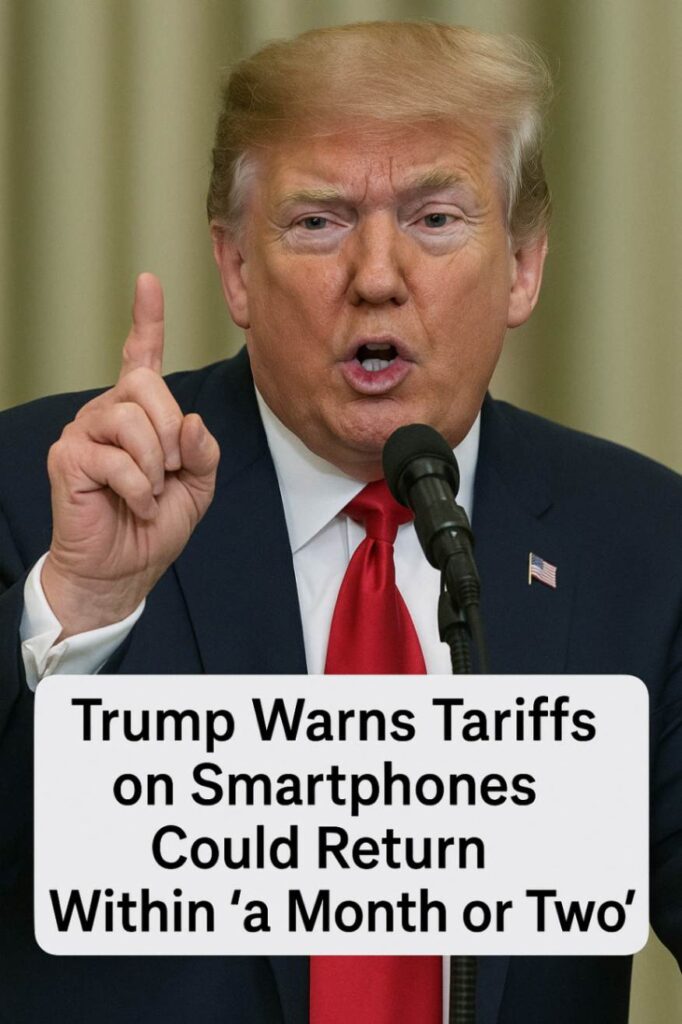Trump Warns Tariffs on Smartphones Could Return Within ‘a Month or Two’
Former President Donald Trump has once again shaken up the tech and trade conversation, hinting at the possible return of tariffs on smartphones—potentially as soon as “a month or two” from now. In a recent statement, Trump warned that if current trade policies aren’t toughened, particularly with China, he’s prepared to bring back tariffs targeting key technology imports, including mobile devices.
This isn’t the first time Trump has floated tariffs as a pressure tactic in trade negotiations. During his presidency, the U.S. imposed significant tariffs on a range of Chinese goods as part of a broader economic strategy aimed at reducing the trade deficit and encouraging companies to shift manufacturing out of China. Smartphones, while initially spared, were eventually included in the list of products facing duties—prompting widespread concern in the tech industry.

Why the Warning Matters Now
The timing of Trump’s warning is especially notable. With the 2024 election cycle now behind us and Trump gearing up for what could be a return to power, his trade rhetoric is back in the spotlight. His statement is likely meant as both a political message to his base and a signal to major tech players who rely heavily on overseas manufacturing.
If these tariffs return, consumers could feel the pinch. Smartphone prices—already trending upward—might rise even further as companies pass on the cost of import duties. Brands like Apple, Samsung, and Google, which have complex supply chains rooted in Asia, would likely be forced to adjust pricing, production strategies, or both.
Impact on the Tech Industry
The mere possibility of renewed tariffs is enough to stir anxiety among tech firms and investors. Tariffs could:
-
Disrupt global supply chains, especially those with heavy reliance on Chinese components or final assembly.
-
Increase production costs, potentially affecting profit margins or consumer pricing.
-
Encourage companies to accelerate diversification, pushing more firms to move operations to countries like India, Vietnam, or Mexico.
It’s worth noting that while tariffs are meant to pressure foreign governments, they often have unintended consequences for domestic consumers and businesses alike.
Political Strategy or Policy Preview?
Some analysts believe this warning is more about politics than policy—at least for now. Trump’s tough-on-China stance has long been a cornerstone of his platform, and trade policy is an area where he can draw a stark contrast with the current administration. However, if re-elected or if he gains more influence in Congress, these ideas could quickly become action.
What to Watch Next
For now, Trump’s remarks remain just that—a warning. But the implications are real. Industry leaders, economists, and consumers will be watching closely in the coming months for any signs of policy shifts or announcements that bring tariffs back into play.
If you’re in the market for a new phone, you might want to consider making that purchase sooner rather than later—just in case the tariffs do return.


